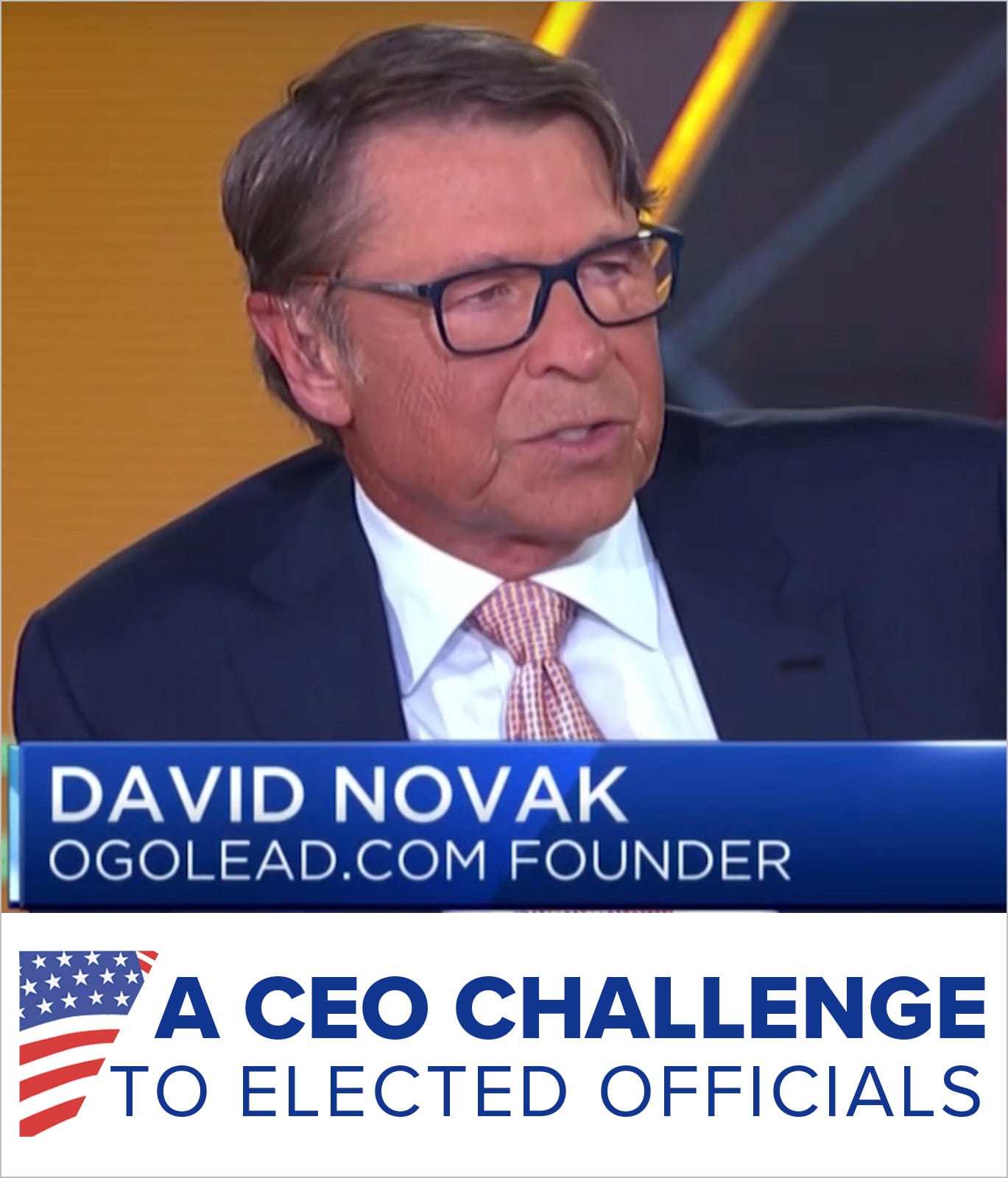
On January 3, at least 109 newly elected members of Congress will assume office in Washington. The looming question is whether the divisive climate in politics will change one iota.
I imagine you might doubt the ability of our government to solve any problems the way things are going today. You know as well as I do that the political parties are deeply divided on core issues like health care and immigration. If our elected officials keep doing things the same way, nothing will change. Albert Einstein hit the nail on the head when he said, “You cannot solve a problem with the same mind that created it.” Now is the time for self-examination and self-reflection to launch the changes that will drive transformation in our country.
I believe our elected officials have the power to make positive changes for our country if they are willing to work together.
Mastering these three leadership skills will enable them to solve big problems and make our country better.
Overcome confirmation bias. Confirmation bias is alive and well among our elected officials and American citizens. Confirmation bias occurs when you seek to confirm what you believe, so much so that you miss anything that doesn’t align with your beliefs. The stereotypes assigned to political groups, such as bleeding hearts or ultra-conservative , lead you to overlook or ignore those who don’t fit into that stereotype. It takes self-awareness to recognize your confirmation bias, and then discipline to actively look for examples that go against your beliefs. Checking confirmation bias at the door, and looking for ways to connect across parties, can lead to positive outcomes.
Engage in productive conflict. Conflict is not going away in politics, but it can be handled in a productive way. Our country faces big challenges with healthcare, immigration, and the deficit, just to name a few. I believe working together toward a common goal, like solving these challenges, doesn’t require common beliefs, but it does require an open mind. Productive conflict is all about finding better solutions and working together as a team with an open mind. The best decisions come when you bring all possible points of view to the table. Imagine an environment where it is possible to raise and discuss points of view and issues without offending or alienating one another and having a clear and honest discussion of all perspectives. Listening to understand, rather than to defend your position, is key to engaging in productive conflict. Alignment is possible if our elected officials truly seek to understand different points of view and then partner together to find the best solutions for our country.
Adopt a powerful positive mindset to solve stubborn problems. How you think matters. If you don’t have the right mindset, you will never make big things happen and distrust will close the door on unencumbered free thinking that leads to the best solutions. It starts with identifying your mindset – is it negative or positive? Because your thoughts impact your actions, and how you act is contagious, it’s important for our elected officials to adopt a powerful positive mindset. The negativity we see today catches like wildfire, and our elected officials can lead the change here. Choosing to believe that change is possible, that opposing political parties can work together, and trusting in positive intentions can ignite fresh solutions to the stubborn problems our country faces.
I believe there is hope for our country and what we need is great leaders stepping up to collaborate and find the common ground that will bring us the best solutions. I believe there is hope for our country and what we need is great leaders stepping up to collaborate and find the common ground that will bring us the best solutions. To give them the tools to do this, I urge all elected officials in the U.S. at the federal, state, and local level the opportunity to take a leadership program. The training
I offer all about overcoming confirmation bias, engaging in productive conflict, adopting a positive mindset, and taking people with you, would be especially beneficial to our elected officials and of course all aspiring leaders.

















